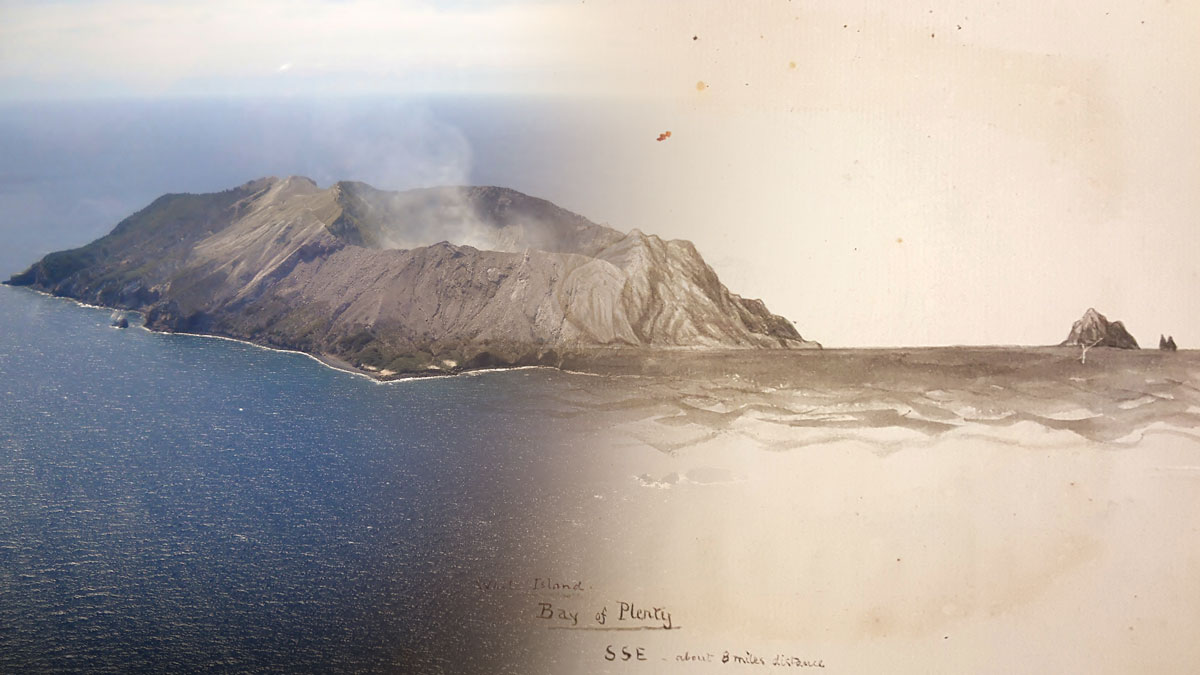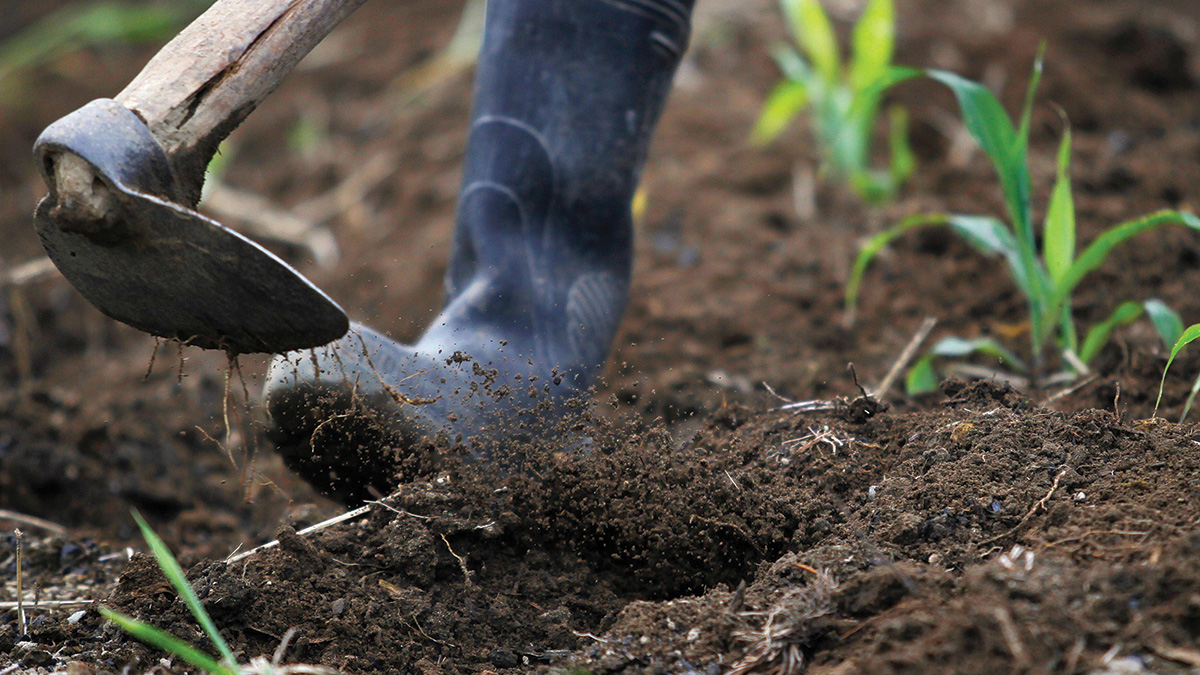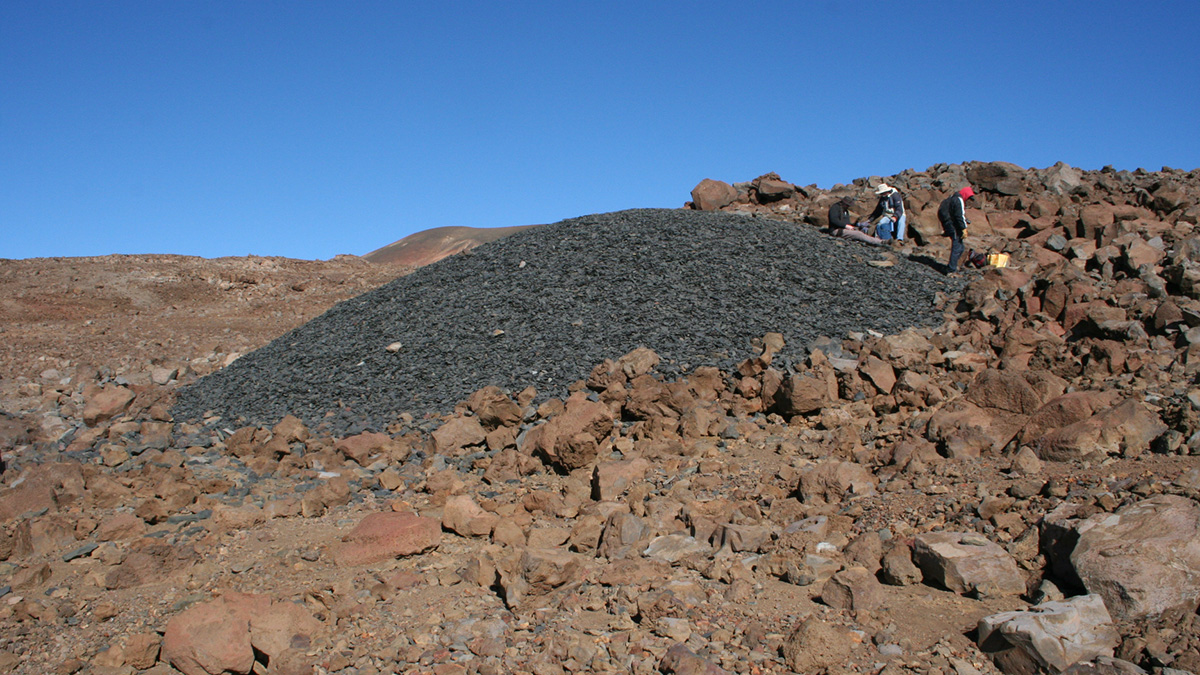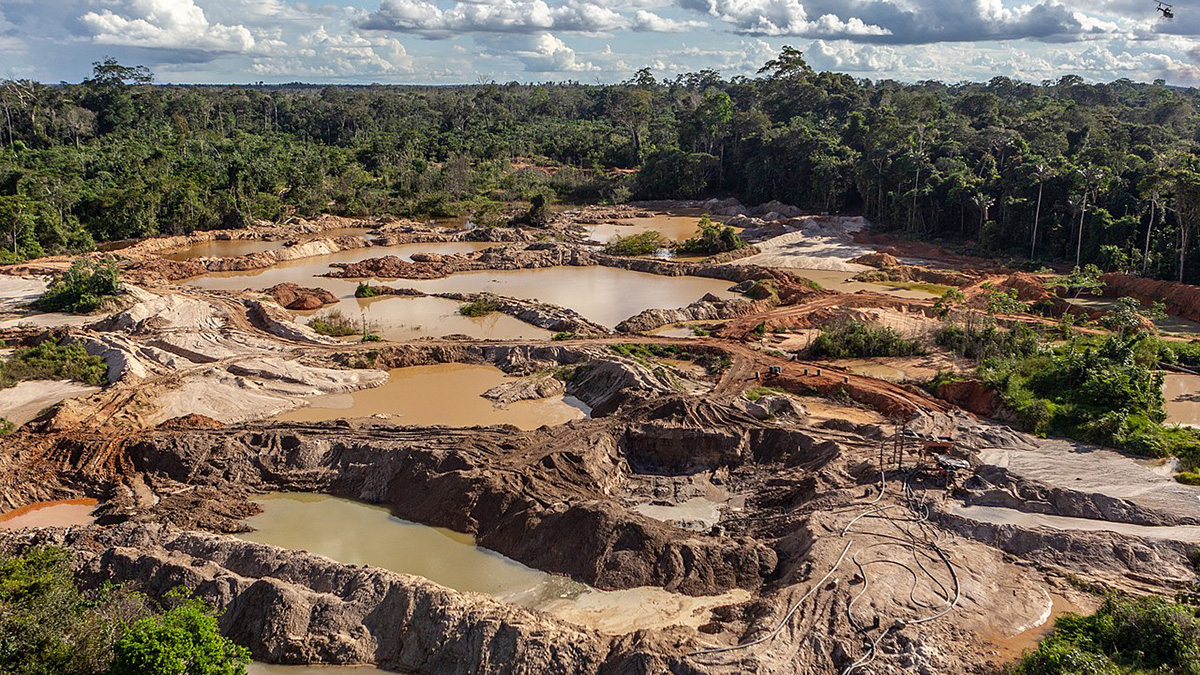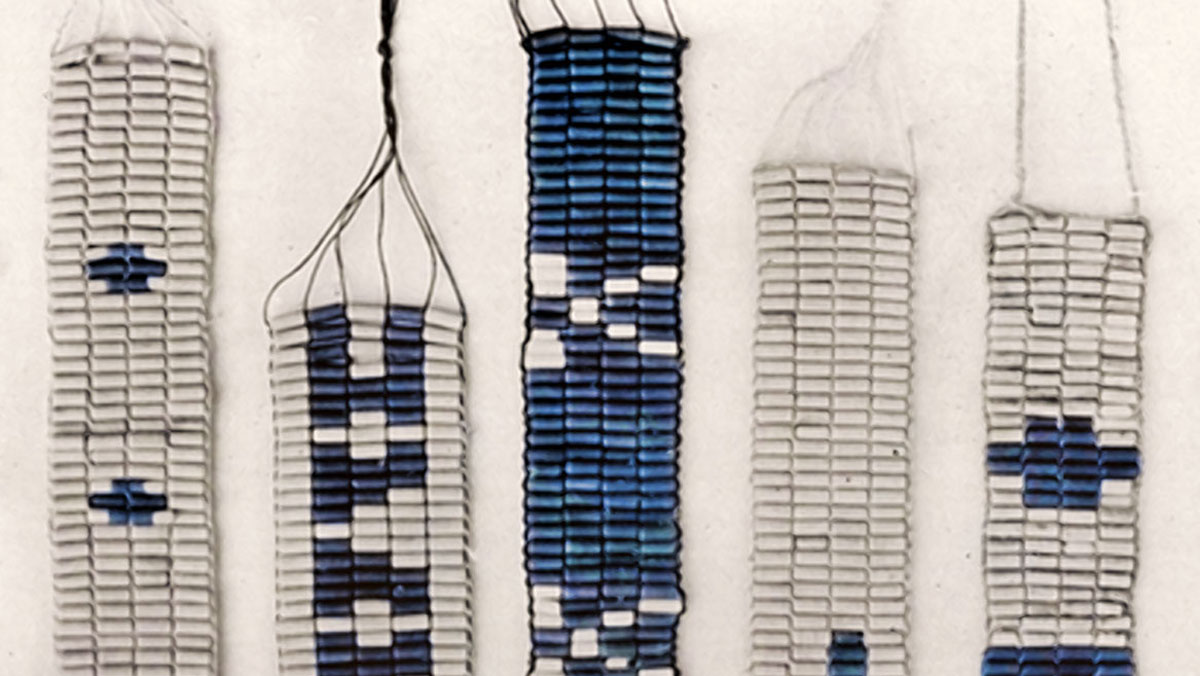A farmer draws on Traditional Knowledges to restore the Native American food system.
Indigenous Peoples & Traditional Knowledges
Studying Volcanoes through Myths, Legends, & Other Unconventional Data
Studying historic eruptions through a storytelling lens often improves our understanding of and ability to prepare for such events.
Endangered Rivers Plagued by Pollution, Climate Change, and Outdated Management
The annual list of America’s Most Endangered Rivers includes practical calls to action to turn the tide on threatened U.S. waterways.
Could “Lost Crops” Help Us Adapt to Climate Change?
Archaeology might not solve all the agricultural challenges that climate change will bring, but it could provide important lessons and a record of new ideas.
Traditional Fertilizers Beat Out Industrial Chemicals in Soil Health Test
New research in western India found that fertilizer based on Traditional Ecological Knowledge made soil more fertile in a head-to-head test with industrial fertilizers.
The Nutrient-Rich Legacy in the Amazon’s Dark Earths
Fertile terra preta soils were created through centuries of carefully managed land use. Scientists are taking cues from these soils to better sequester carbon and improve soil for agriculture.
Geochemical Data from Polynesian Artifacts Pack Pofatu Database
A new resource may help match artifacts with their original stone sources—“a really a niche part of archaeology that requires geological expertise.”
Navigating the Pacific with Wind, Waves, and Stars
Ancient Polynesian voyagers sailed thousands of kilometers with no maps or compasses; they followed nature’s clues. Using the same tools, the Moananuiākea Voyage will set sail from Alaska and circle the Pacific.
Mining Threatens Isolated Indigenous Peoples in the Amazon
A bill in the Brazilian congress could grant a wide expansion for mining on Indigenous lands. New research shows how this could radically affect isolated peoples.
WAMPUM: An Indigenous-Designed Path to Sea Level Rise Adaptation
Northeastern and mid-Atlantic tribal nations lived sustainably on the coastline for centuries before colonization. How can their experiences inform strategies for sea level rise adaptation?


